Breaking into the USA on a budget


Online
May 7, 2024
6:30 PM MT / 10:30 AM AEST
Do you want to break into the U.S. market, but you are on a budget? Our industry experts will guide you to the three important things to consider for a successful U.S. expansion–from understanding taxation and scalability to navigating the U.S. labor laws and regulations. Whether you're a startup tip-toeing or already rocking it, this could help you sift through the complexities of the U.S. market and breakthrough.
About the Speakers:
Moderator: BriAnn Rachele, Strategic Partnerships at Escalon Services
Panelists:
- Ryan Bullen, Senior Manager, Sales at GoGlobal
- William Webster, CPA at Escalon Services
- Cal Davidson, Partnerships at Cake Equity
Choosing the Right Entity for the U.S. Expansion
Will Webster from Escalon Services highlighted the importance of selecting the right legal entity when entering the U.S. market. Whether it's a C Corporation (C-Corp), Limited Liability Company (LLC), or a partnership, the choice of entity can have significant implications on taxation, compliance, and scalability. Understanding the pros and cons of each entity type is crucial for a successful market entry strategy. According to Will, C-Corp is the most preferred method.
When you come to the United States, you really want to think about “How am I going to establish my business?” You really want to focus on governance information to begin with. What is your choice of legal entity? How are you going to set up your business operations? A lot of times, if you're a founder looking to raise capital, the Delaware C Corporation is the most preferred method for starting a business in the United States. It's very friendly to providing investors an ability to invest in your company as another legal entity. It's not without its drawbacks, however. At Delaware C Corporation, you're subject to corporate income tax rates in the United States, which are very significant, as high as 35%. You're also subject to double taxation as a C Corporation. When you take the money out, when the money is distributed out to the shareholders, not only is that money taxed at the corporate level, it's taxed at the shareholder level as well. So there's considerations that need to be thought through when you're thinking about how you form your business in the United States.
Navigating Regulatory Challenges
Ryan Bullen from GoGlobal shed light on the complexities of U.S. labor laws and the regulatory environment. With 50 states each having its own set of laws and regulations, compliance can be a daunting task for international businesses. The discussion around employers of record solutions provided valuable insights into mitigating risks and streamlining operations while expanding into the U.S.
Employer of Record as a Strategic Entry Point
Ryan also emphasized the strategic role of Employer of Record (EOR) services as a cost-effective and efficient way to establish a presence in the U.S. market. By leveraging EOR solutions, startups can quickly hire employees, access group benefits, and navigate local tax compliance without the need for setting up a legal entity. However, understanding the limitations and scalability challenges associated with EOR services is essential for long-term growth.










